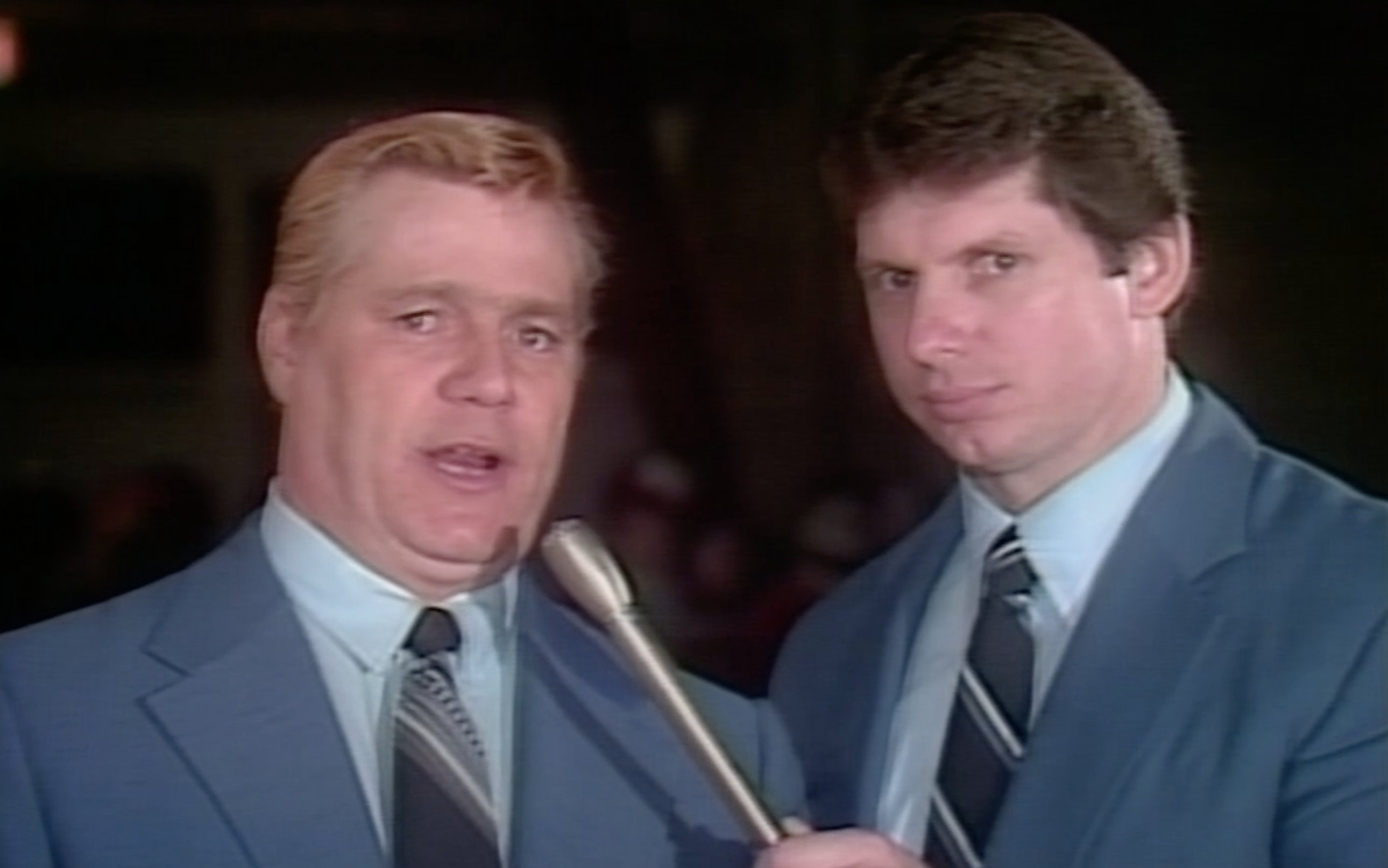How WrestleMania Almost Killed WWE

Before WrestleMania, WWE was something of a dangerous position.
Vince McMahon had set his sights on national expansion, and unlike his father - who broadly played within the unwritten rules of the old wrestling territories - was ready to burn the rulebook. He raided the biggest stars from other promotions, rapidly set about attempting to dominate cable television by any available means, and poured any and all resources into a larger-than-life vision of wrestling as well-packaged mainstream entertainment rather than regional athletic sporting theatre.
But his dreams were costing him a fortune. The company’s aggressive expansion, including lucrative deals with Hulk Hogan, Roddy Piper and other emerging megastars (and megastars-to-be) meant expenses were skyrocketing. Vince had broken away from the traditional systems in search of bigger profits than any of the established methods could offer, but in doing so was on the verge of not securing enough accumulation for all of his speculation. When he'd purchased the company around two years earlier, it was still largely a regional operation based in the North East. There were financially lucrative strongholds in New York, Pennsylvania, and Massachusetts, but it was just one piece of a fractured wrestling landscape controlled by the National Wrestling Alliance and could generally be costed for accordingly. McMahon's goals broke molds, but broke the bank too.
He needed more TV to make money, but needed more stars to get more TV. But he needed more TV to make money and on and on it went. WrestleMania - or at very least the idea of a show of such scale - stood to be the one thing that could draw all three components together at the same time, but a potentially magic fix couldn't be created with the wave of a magic wand. To make money, and make the show a reality, McMahon was going to have to start making enemies.
Again, with each territory having its own top stars, champions, and television deals, wrestling promoters could operate under an unwritten code of honour because nobody's business suffered. Wrestlers could get stale and move around, repeat cycles, draw money and keep towns in decent health. It wasn't perfect, nor was it always as easy a formula as that process suggests, but a touring World Champion was never short of a hot town or challenger across any of the 50 states for the decades preceding WrestleMania.
Vince McMahon Jr was prepared to shatter all of that for his own gains. Predictably, this didn't sit remotely well with the long-established promoters who had their own regional empires. These men - the likes of Verne Gagne, Jim Crockett, and others - were not just competitors now. They were personal and professional enemies with a vested interest in seeing him fail. And for a while, failure seemed inevitable. Because getting national syndication was a near-impossible job, McMahon could fall at the first hurdle. He'd even potentially wipe himself out before paying his father back, they'd reckon. Or at very least not make it past the first year or so of being in business under his own steam.
What could he possibly know or do that they didn't or hadn't? More than they could have accounted for, as it turned out.
McMahon secured deals for WWE programming on cable television nationally. With more exposure, he could now go after the biggest stars in wrestling and offer them the kind of money and opportunity they couldn’t refuse, even if it meant leaving behind a system that might have previously served them well. The biggest and inarguably most important name to take the deal was Hulk Hogan.
(CONT'D)